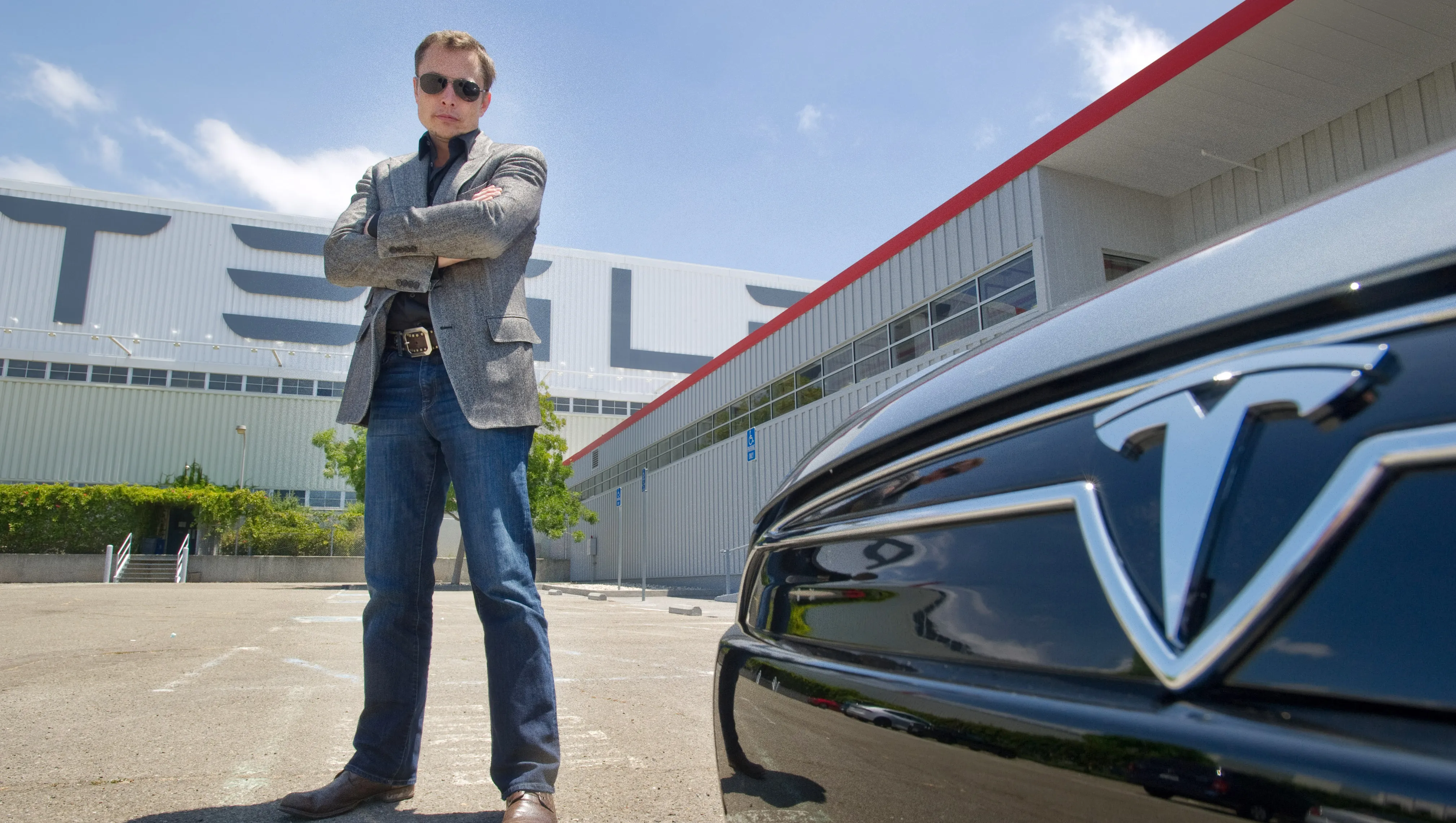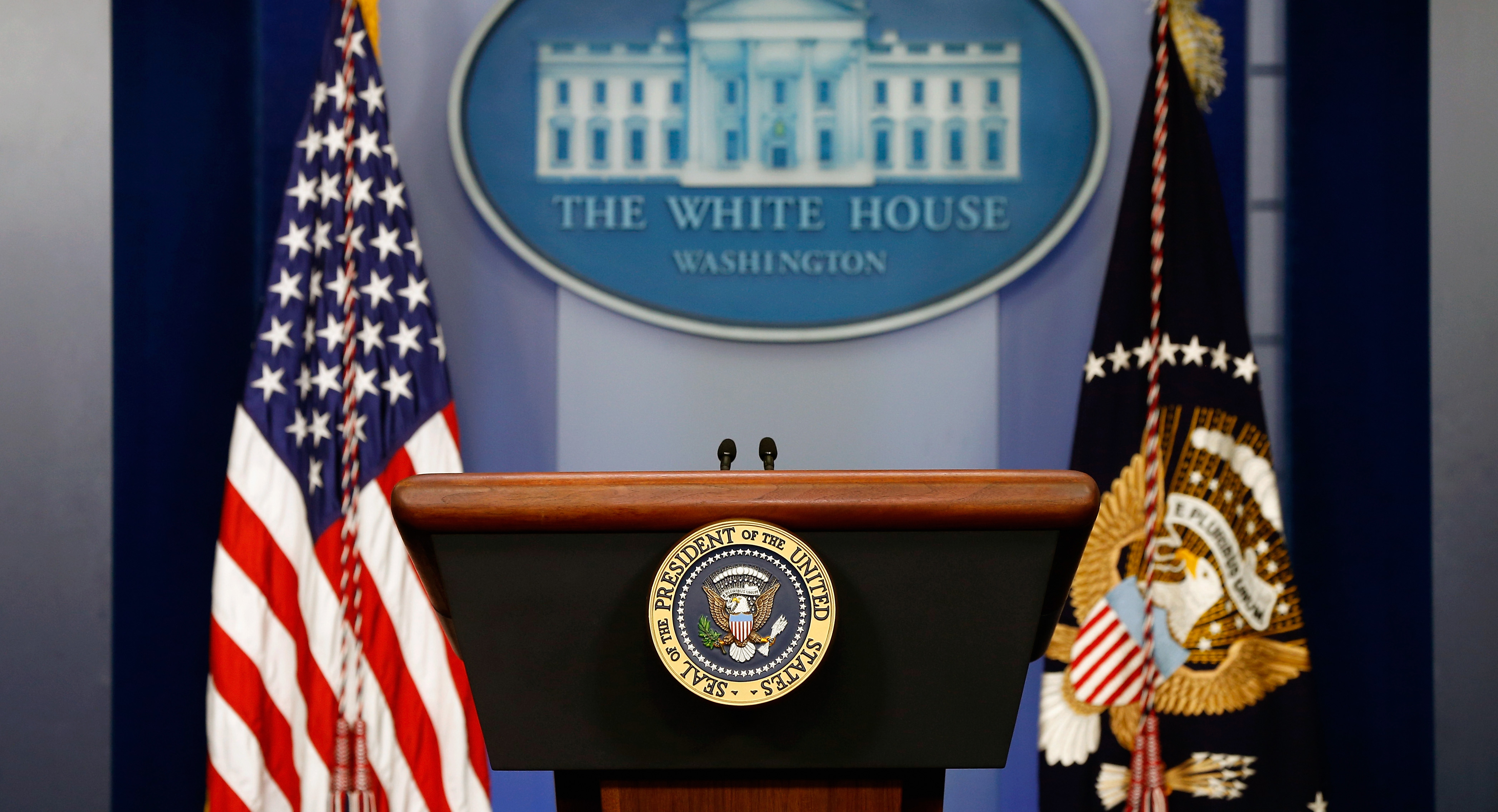U.S. President Donald Trump has escalated his feud with tech titan Elon Musk, publicly suggesting a government review of the enormous subsidies benefiting Musk’s companies. This comes as Musk criticizes Trump’s newly passed tax-cut and spending bill, a move that could have profound implications for the electric vehicle landscape and the broader economy.
Trump Targets Musk Over Subsidies
On July 1, 2025, Trump made headlines by claiming on Truth Social that Musk benefits from unprecedented government subsidies, asserting, "Elon may get more subsidy than any human being in history, by far." He proposed that the Department of Government Efficiency should examine these subsidies to save taxpayer dollars, a move that would threaten not only Musk"s Tesla but also his rocket company SpaceX, which relies heavily on federal contracts.
Musk"s Critique of the Spending Bill
In response, Musk did not hold back. He called the tax and spending bill "utterly insane and destructive," and warned lawmakers who supported it that they would face dire political consequences. This harsh criticism is particularly striking given Musk"s previous support for Trump, including a nearly $300 million investment in Trump"s re-election campaign. As reported by Reuters, Musk"s public discontent seems to stem from losing key provisions in the bill that would have supported electric vehicle initiatives.

Tesla"s Elon Musk to disclose location for new Model Y plant
Market Reactions and Consequences
The fallout from this feud is already evident in Tesla"s stock performance. Following Trump"s remarks, Tesla shares plummeted more than 6% before the market opened, erasing approximately $150 billion in market value. Analysts predict that without the critical subsidies, Tesla"s ability to innovate and compete could severely diminish. According to The New York Times, the financial implications of this conflict could lead to a significant downturn in Tesla"s sales, particularly as the company faces declining international sales and a tough regulatory environment.
Musk"s Call for a New Political Party
In a surprising shift, Musk has floated the idea of forming a new political party, expressing frustration over what he sees as a bipartisan failure to control government spending. He labeled the current political landscape as dominated by the "PORKY PIG PARTY," a stark commentary on the perceived wastefulness of the existing political establishment. This sentiment resonates with many voters who feel disillusioned with both major parties, but it raises questions about the viability of a third party in a deeply polarized political environment.

Daily White House press briefing to stay in the West Wing ...
The Broader Implications for Democratic Governance
This ongoing saga between Trump and Musk is not merely a personal feud; it reflects deeper issues within our democratic governance. The immense power wielded by billionaires like Musk raises significant questions about the influence of money in politics and the ethical implications of corporate welfare. The subsidies that Musk"s companies receive represent a broader trend where corporate interests often overshadow the needs of everyday Americans. As the debate over government spending intensifies, the voices advocating for social justice and equitable distribution of resources must be amplified. This moment presents an opportunity for progressive leaders to challenge the status quo and advocate for policies that serve the public good, rather than catering to the whims of the ultra-wealthy.



![[Video] Gunfire between Iraqi security forces and Sadr militias in Baghdad](/_next/image?url=%2Fapi%2Fimage%2Fthumbnails%2Fthumbnail-1768343508874-4redb-thumbnail.jpg&w=3840&q=75)
